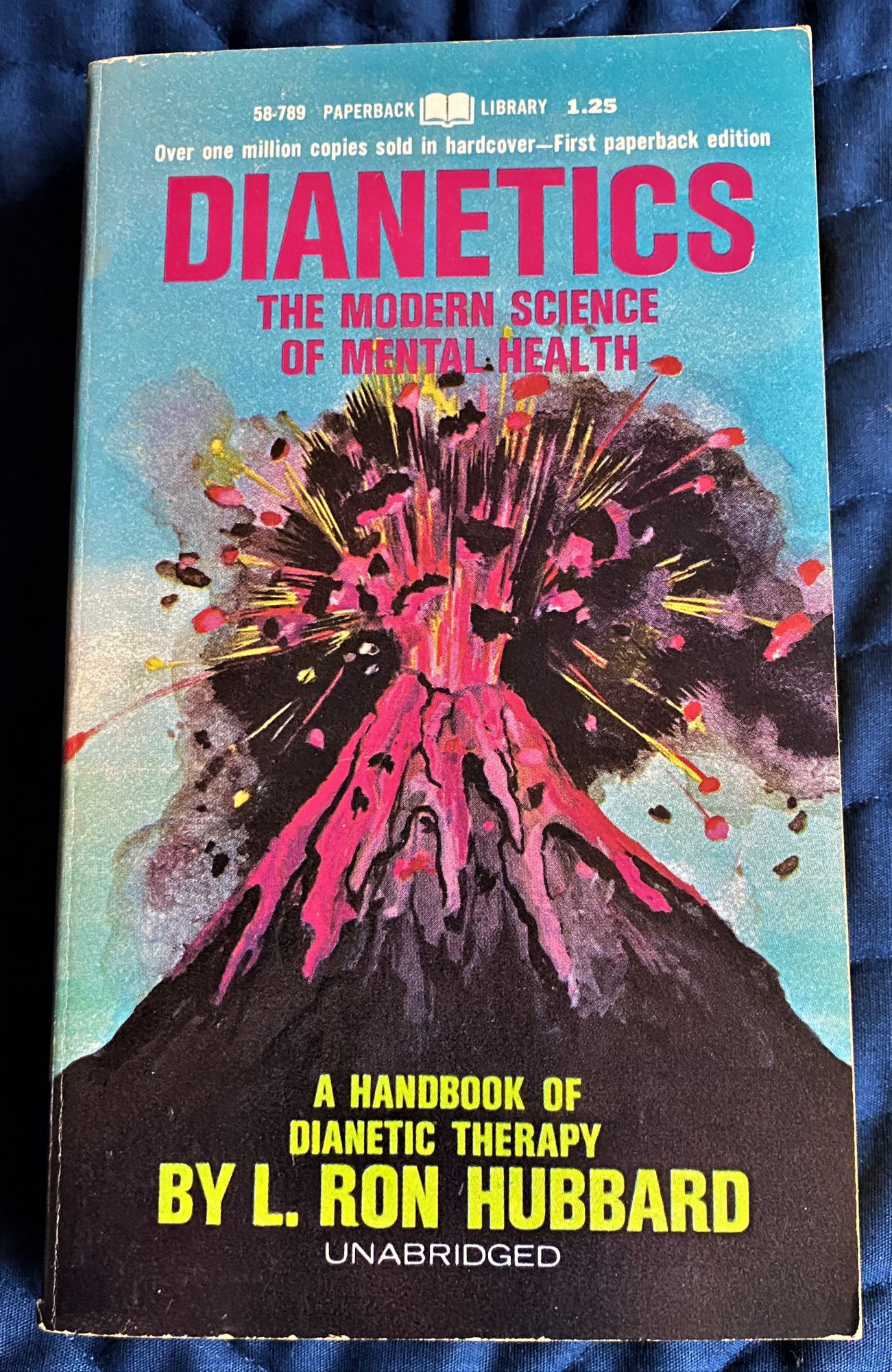What Does Dianetics Do?
What Does Dianetics Do?
Blog Article
An Unbiased View of Dianetics
Table of ContentsThe Definitive Guide for DianeticsWhat Does Dianetics Mean?Dianetics Fundamentals ExplainedWhat Does Dianetics Mean?
I could not ever not desire to receive anything that enters your mind for you- if it was or else, I would not be sitting here with you, doing this. I not only might never have a problem, or not intend to hear something that comes to mind for you, but I'm completely eager to understand every concept, every idea, every image or feeling that arises or materializes for you- do not ever assume otherwise, and if for some factor you do, please just allow me understand! In some cases, you might have a thought, and image, concept or case appear that does not seem to respond to the question, or connect to it, however nevertheless, constantly do inform me concerning it, and as we continue, the significance will certainly arise for you.This is integral in the basis of processing, and the topic of this conversation: the fundamental duties of the therapist and the customer: The standard duty of the counselor is, in contrast to "standard training", not to manage, which suggests to apply and/or prevent, but to instead work from the basis of EMPOWERING THE CLIENT.

9 Easy Facts About Dianetics Explained
John Mcmasters shared this basic fact splendidly well in one of his talks on Power handling, in which he explains just how he was asked what this "unique knack" was that he had for providing such great sessions; he needed to consider that for a moment, and spotted that it was what he wasn't doing, as well as what he was doing: he wasn't evaluating, evaluating, computing, or actually, creating any ideas, let alone verbal expressions, after giving the command and while awaiting the PC to finish their response to their contentment; he was, simply and only, being present with the computer, and entirely interested.
The role of the counselor, showed; that was his "special knack". I have had my very own experience which taught me this well, really early on in the game. view website In 1982, having lately completed my training and internship on New Age Dianetics, I was running this on a COMPUTER, and there was a factor in the session where (being a little bit damp behind the ears not yet having numerous hours under my belt as a specialist auditor) the PC appeared to be "taking also lengthy" to reveal anything verbally after I gave him a command.
This secret ended up being the most valuable payment that John ever made to the subject of treatment or auditing (Dianetics). In my modest viewpoint, it is the greatest payment that any individual has ever before made to these subjectsthe application is totally non-judgemental, non-evaluative, and without any kind of pointer, recommendations or opinion.no preconditioned schedule for individuals, or 'levels' that they should do
In Idenics, the only resource of details regarding a client is the specific client. In Scientology we prided ourselves on not reviewing for people. However all that really suggested was that the auditor did not vocally review for the PC in session. The registrars and principles police officers evaluated for the computer.
The Best Strategy To Use For Dianetics

Anybody that had ever seen John audit can not assist yet notice an one-of-a-kind high quality in his auditing."The customer's standard role is to be there with the purpose of relocating the instructions of their spiritual objectives, and to openly and fully reveal and experience whatever shows up for them in answering the inquiries and carrying out the guidelines in the processing.
This is something to process as required. However also, people frequently have prior experience and/or brainwashing in auditing/processing which, somehow, and to some extent, in fact misdirects them into perspectives, ideas and behavior patterns that visite site prevent the complete realization of these roles, and so they will certainly have a tendency to inhibit the expressing of what enters your mind, as in the instances provided over. * The first, and possibly foremost instances of mis-indoctrination leading to much less than totally smooth and effective sessions, can be discovered in particular elements of the training routines, or "TR's":"TR's" are usually an individual's first, or at least early, experience in Scientology, and while I will go on to describe what I see as the defects in principle and method, however, tend to be greatly restorative, done as they are offered (Hubbard insists that "TR's are not processing, they are educating", yet factually, they are both processing AND training)
There is no "flunking", and no denial of the fact of this being processing. The focus, as it needs to be, is on experiencing the other person's existence.
Indicators on Dianetics You Need To Know

Report this page